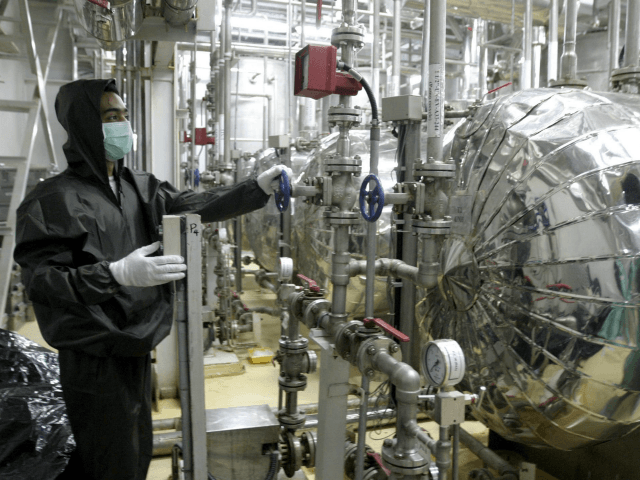Director General of the International Atomic Energy Agency (IAEA) Rafael Grossi has notified the Board of Governors of the agency and the UN Security Council of Iran's intention to start enriching uranium to 20%.
“Iran has informed the Agency that in accordance with a legislative act recently passed by the country's parliament, the Atomic Energy Organization of Iran intends to produce low-enriched uranium up to 20 percent at a fuel enrichment plant in Fordow,” the IAEA said. </p >
The move is the latest in several recent statements by Iran to the International Atomic Energy Agency that it plans to continue to violate a deal it began to violate in 2019 in response to Washington's withdrawal from the agreement and re-imposition of US sanctions against Tehran. .
In December, the country's parliament voted to raise the level if the international community does not lift sanctions against Iran within two months.
Following the US withdrawal from the Joint Comprehensive Plan of Action (JCPOA) on the Iranian nuclear program in 2018, Iran in 2019 began a phased suspension of its obligations related to uranium enrichment and research activities, and in early January 2020 announced the completion of this process.
In 2020, the IAEA reported that Iran is increasing the volume of low-enriched uranium above the level set in the JCPOA. Tehran also continued to enrich uranium to 4.5%. The 2015 JCPOA allowed reserve limit of 202.8 kg or 300 kg of uranium fluoride (UF6), and the enrichment level should not exceed 3.67%.
Newly elected President Joe Biden said he would be willing to bring the United States back to the nuclear deal if Iran, for its part, adheres strictly to the 2015 agreement.
The enrichment of uranium used in nuclear power plants usually ranges from 3% to 6%. Uranium to create a nuclear bomb must have a degree of enrichment of more than 80%.
The International Atomic Energy Agency (IAEA) was created in 1957 at the initiative of the United States in connection with the then gaining momentum in the nuclear arms race. Today, the International Atomic Energy Agency, awarded the 2005 Nobel Peace Prize, is the leading intergovernmental organization for scientific and technological cooperation in the nuclear field. Its mission is to expand the use of nuclear energy to maintain peace, health and well-being of the world's population.




